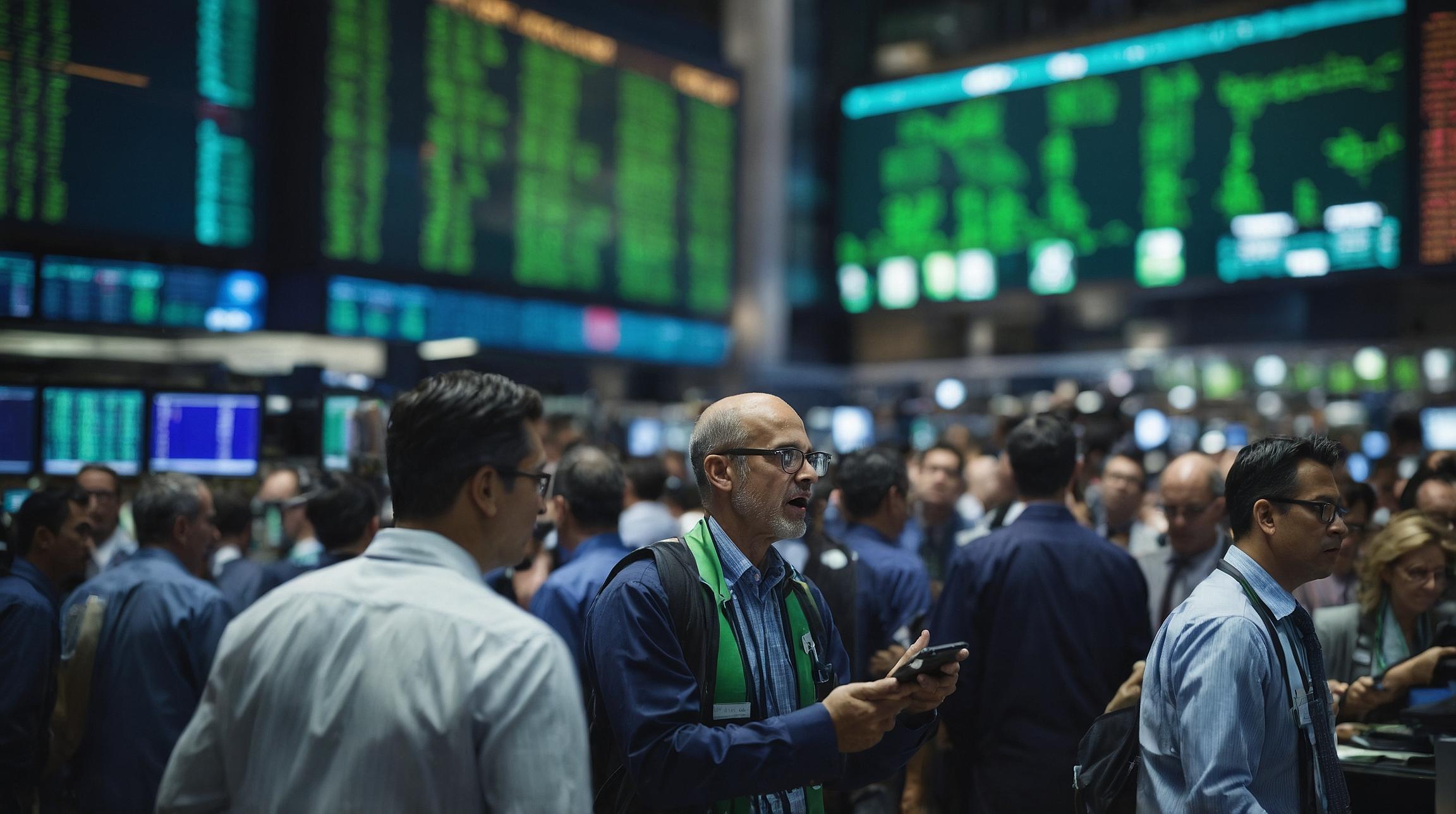Buybacks Offer Strategic Advantage Despite Market-Wide Slowdown
In a recent analysis, CNBC’s Jim Cramer underscored the ongoing benefits of aggressive share repurchasing amid a broader deceleration in buybacks across the market. Drawing on insights from Goldman Sachs analyst David Kostin, Cramer explained that companies maintaining robust buyback programs are continuing to outperform their peers.
Buybacks Reduce Market Supply and Support Prices
Cramer highlighted that share buybacks play a critical role in mitigating excess supply in the market. When new share issuances, such as those from initial public offerings, increase supply without a corresponding rise in investor capital, stock prices tend to decline. By repurchasing shares, companies effectively reduce this supply imbalance, providing upward pressure on their stock prices.
Market Trends Show Shifting Capital Allocation
Kostin’s recent note revealed that while share repurchases by S&P 500 companies were robust in the first half of 2025—potentially setting a new annual record—this momentum has decelerated in the latter half of the year. Instead, many corporations are redirecting capital towards increased expenditure on growth initiatives and infrastructure.
Identifying ‘Buyback Aristocrats’
Kostin identified a cohort of companies he termed “buyback aristocrats,” defined as firms that have reduced their share count by at least 1% in nine of the past ten years. These companies tend to outperform during periods of economic slowdown. Cramer pointed to Wells Fargo and Apple as prime examples, both repurchasing approximately 4% of their shares annually.
According to Cramer, these consistent buybacks signal strong management confidence in the company’s prospects. He further suggested that Apple’s status as a buyback aristocrat adds to its appeal as a long-term investment, reinforcing investor fortitude during volatile market conditions.
Conclusion
While buyback activity is slowing overall, companies that continue to repurchase shares aggressively appear to maintain a competitive edge. Investors may benefit from focusing on these “buyback aristocrats” as part of a resilient portfolio strategy amid uncertain economic conditions.
FinOracleAI — Market View
The continuation of aggressive share buybacks by select companies provides a supportive factor for their stock performance amid a broader market slowdown in repurchasing activity. This dynamic reduces share supply, potentially stabilizing or boosting prices for these firms. However, the shift toward increased capital expenditures may signal changing corporate priorities that could affect future buyback levels.
Investors should monitor buyback trends closely, especially among “buyback aristocrats,” to gauge management confidence and capital allocation strategies. Key risks include macroeconomic factors that could dampen earnings and restrict buyback capacity.
Impact: positive













